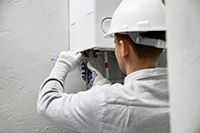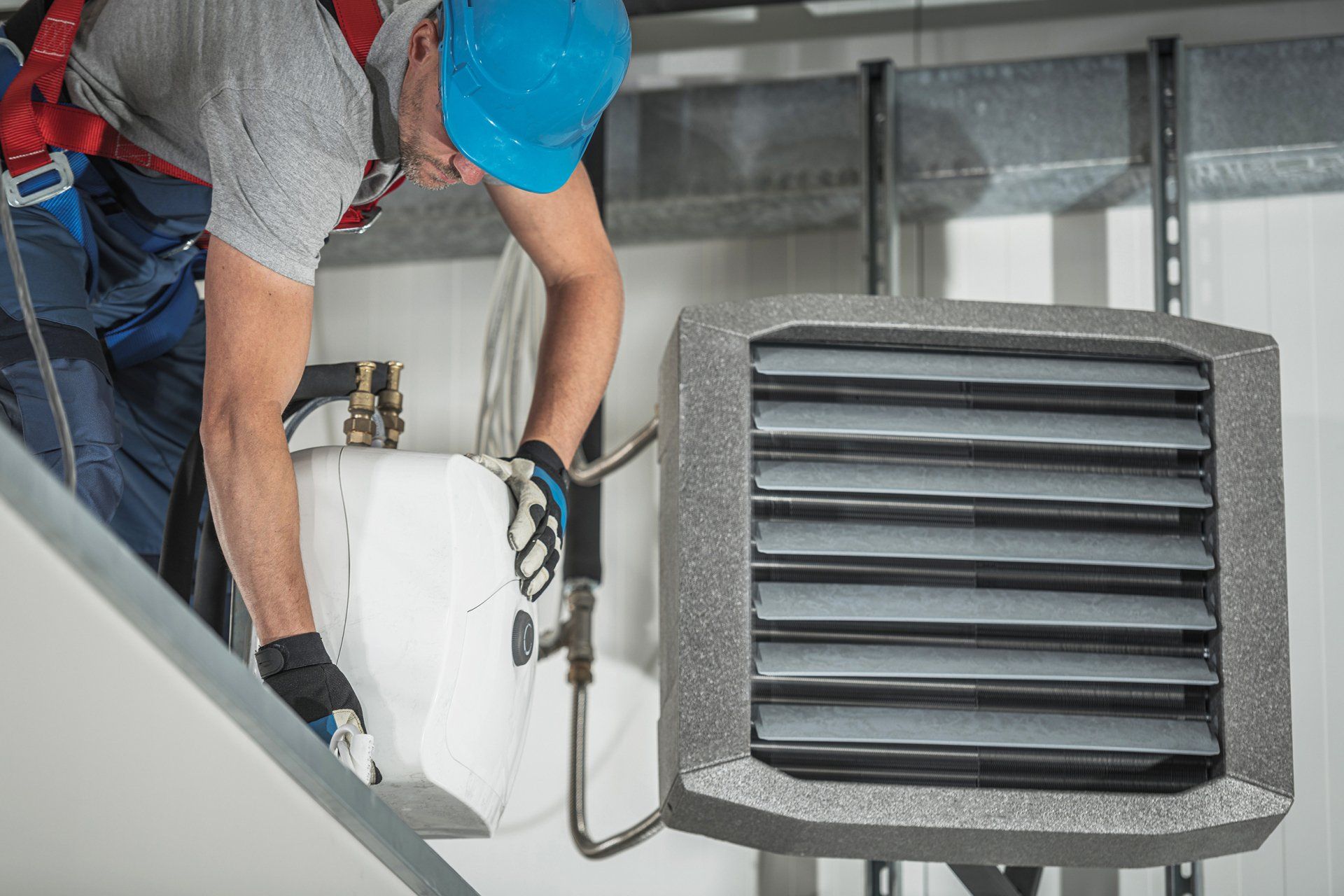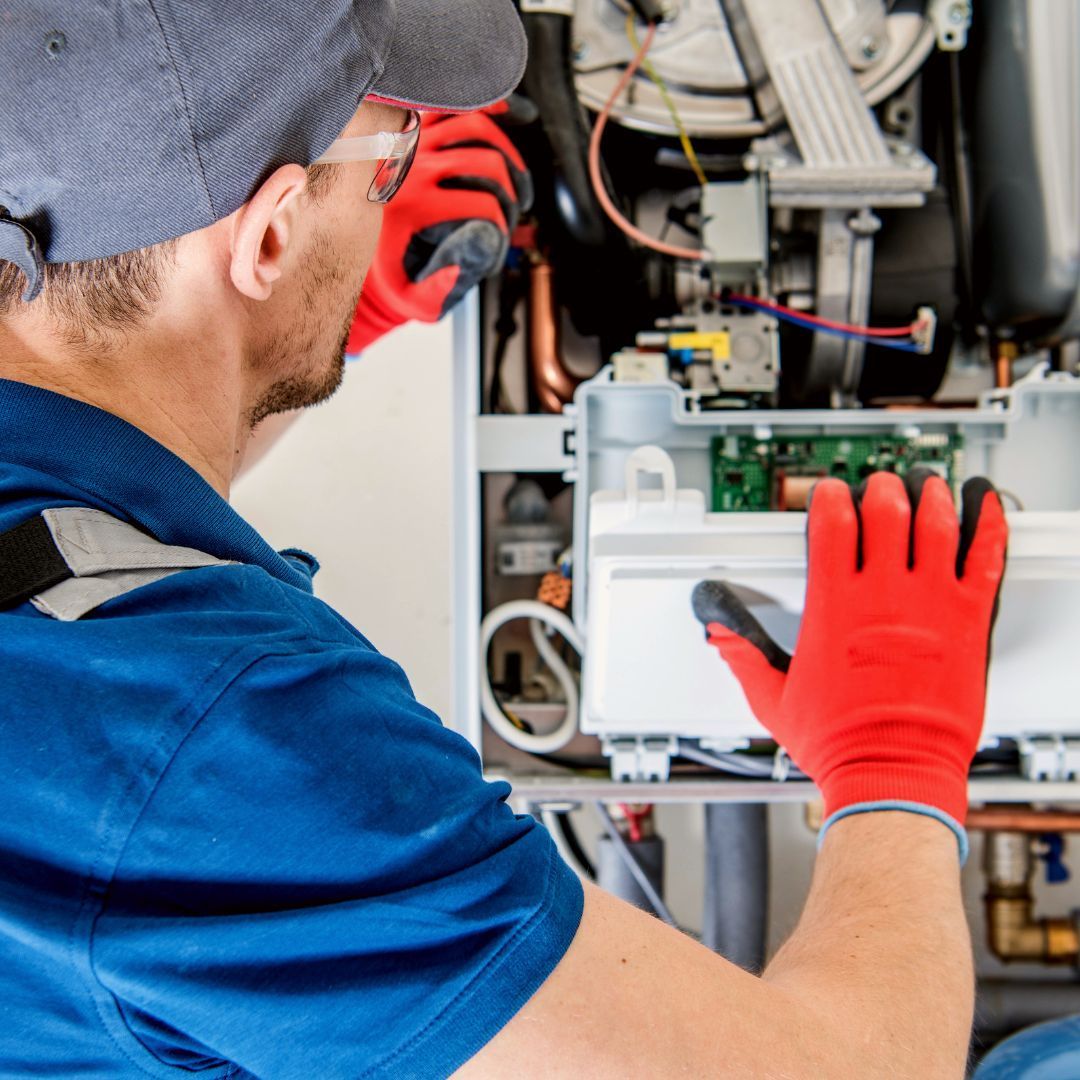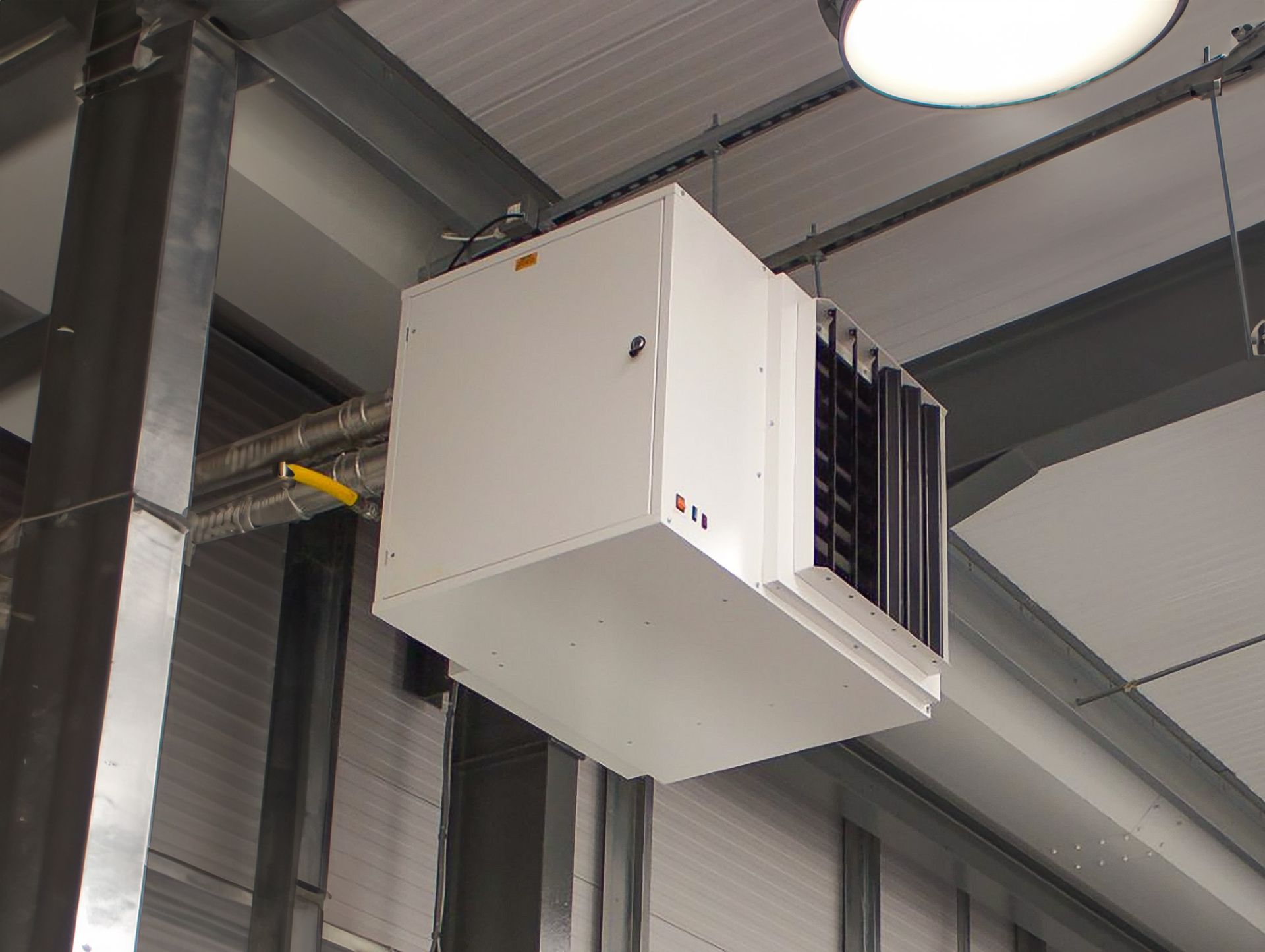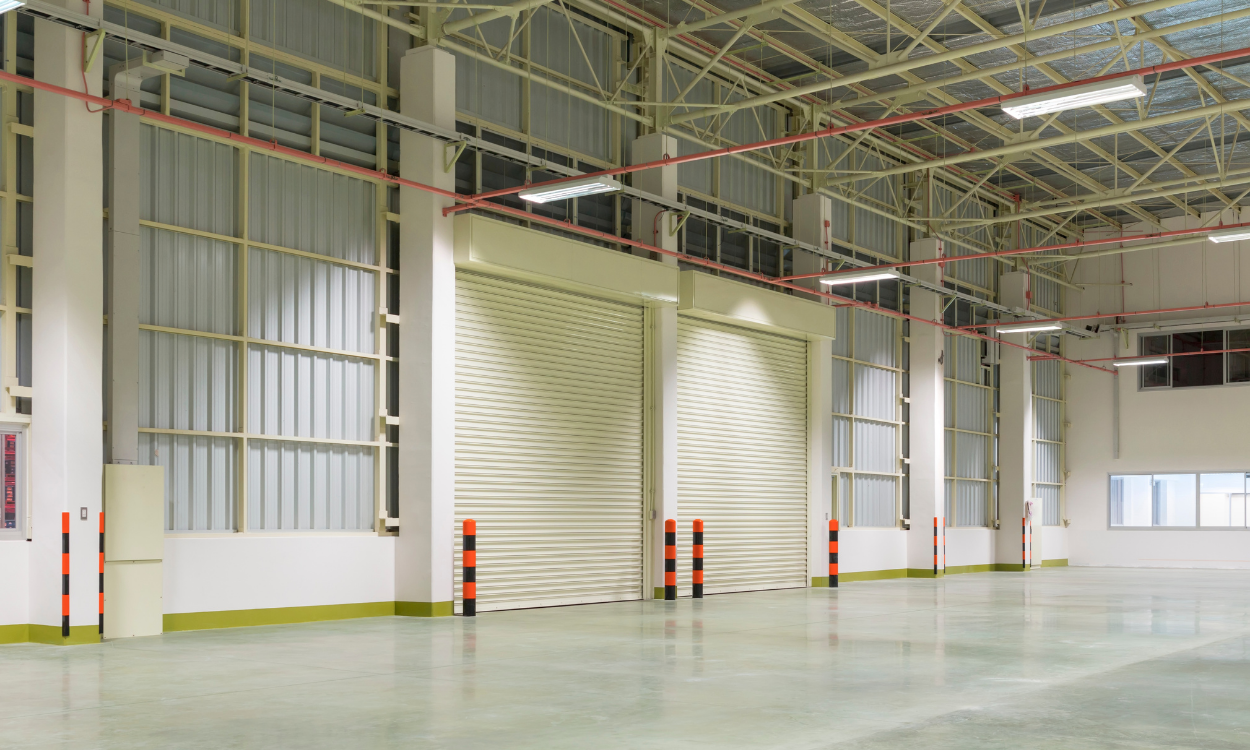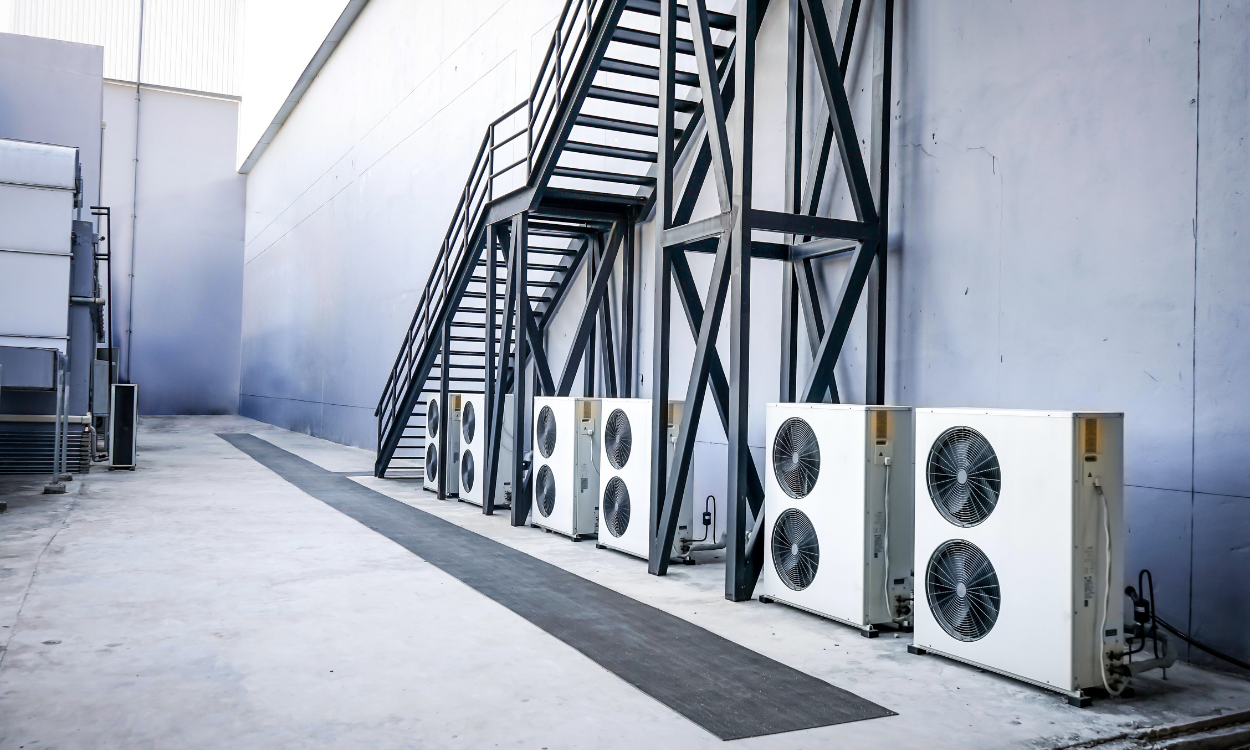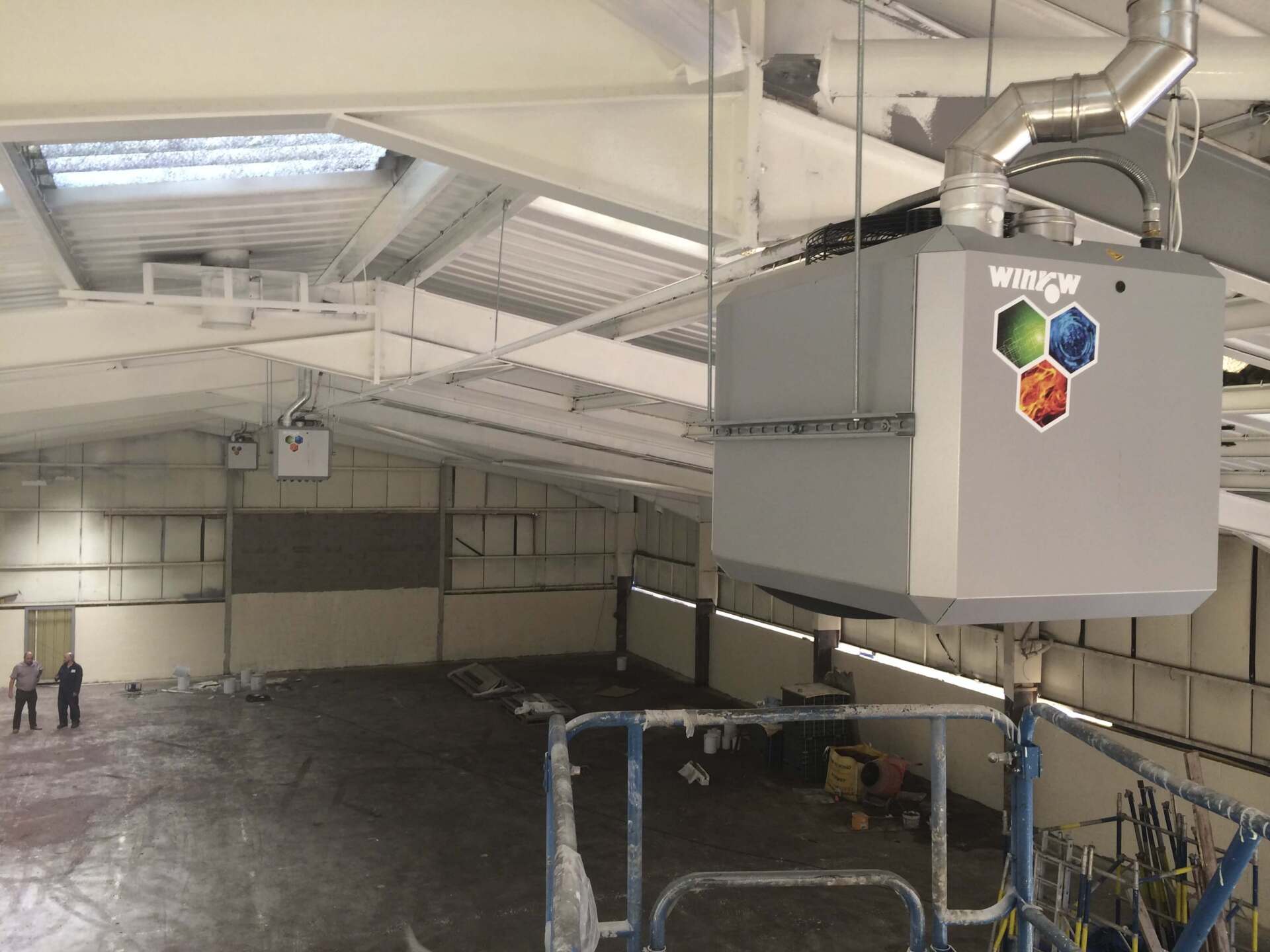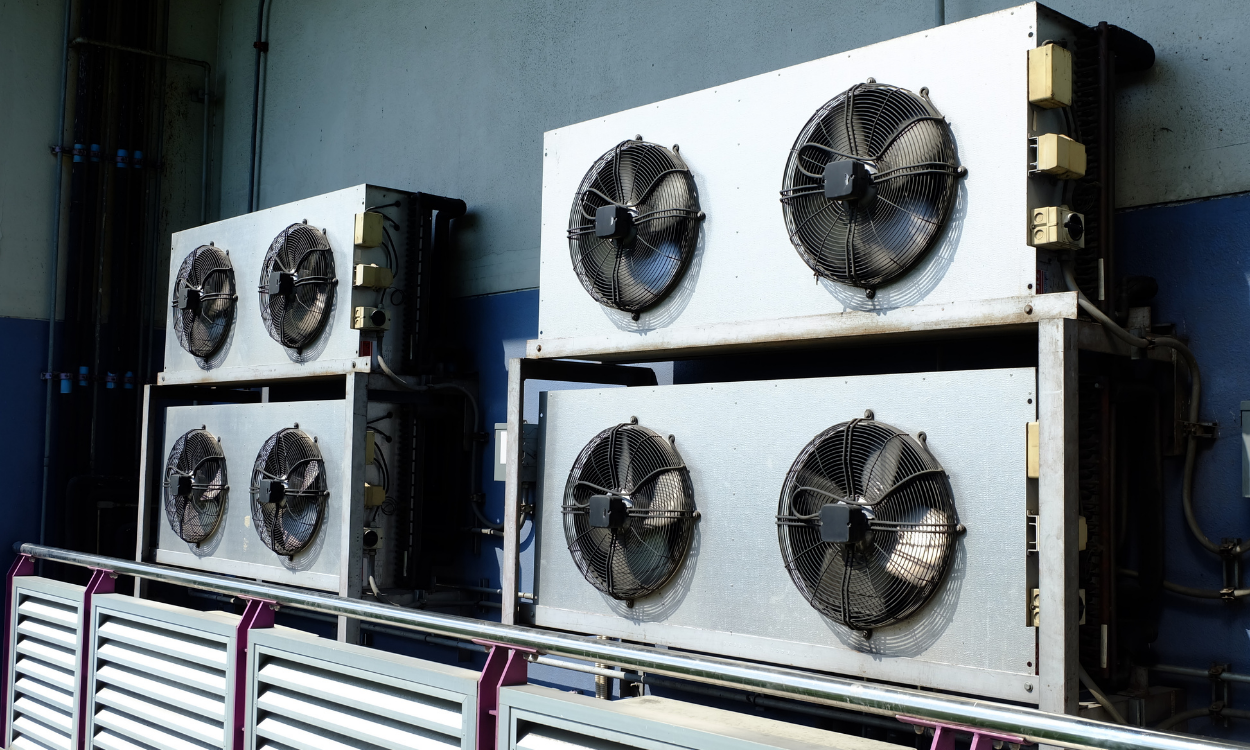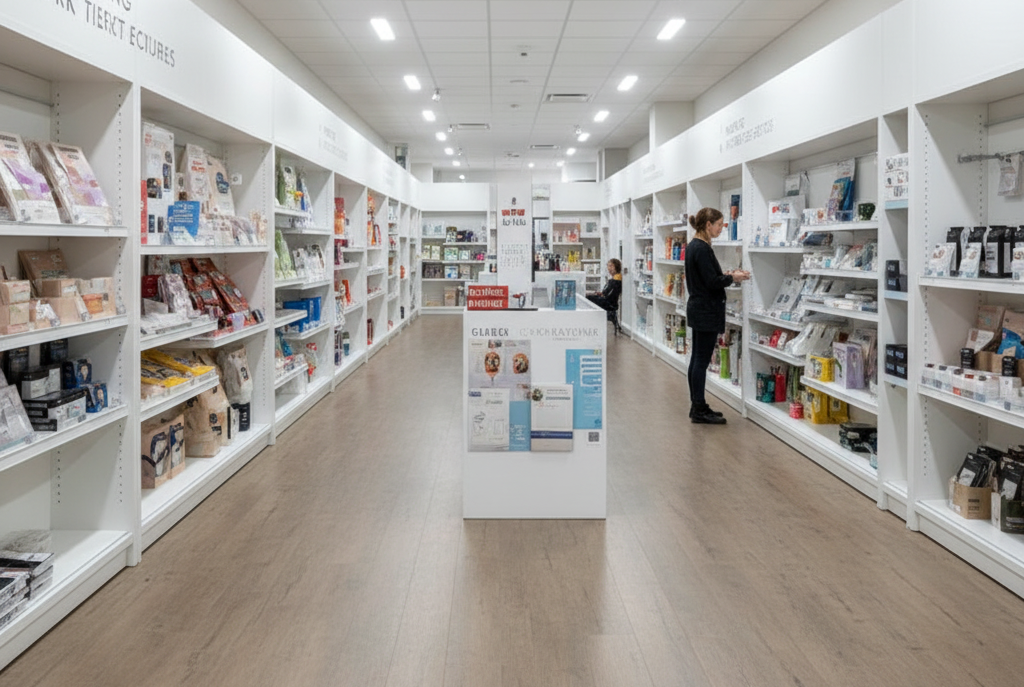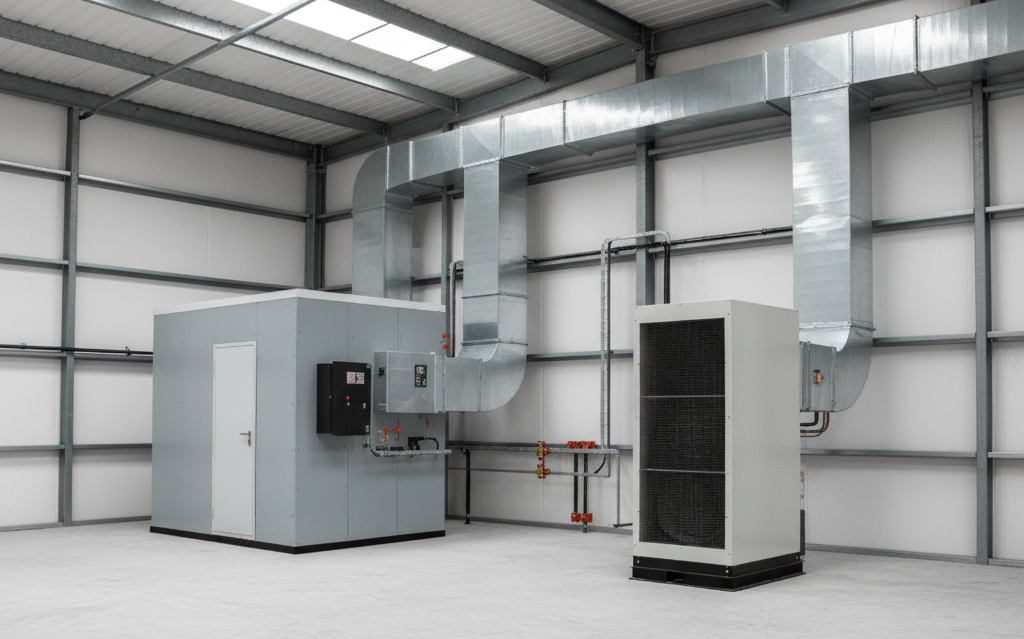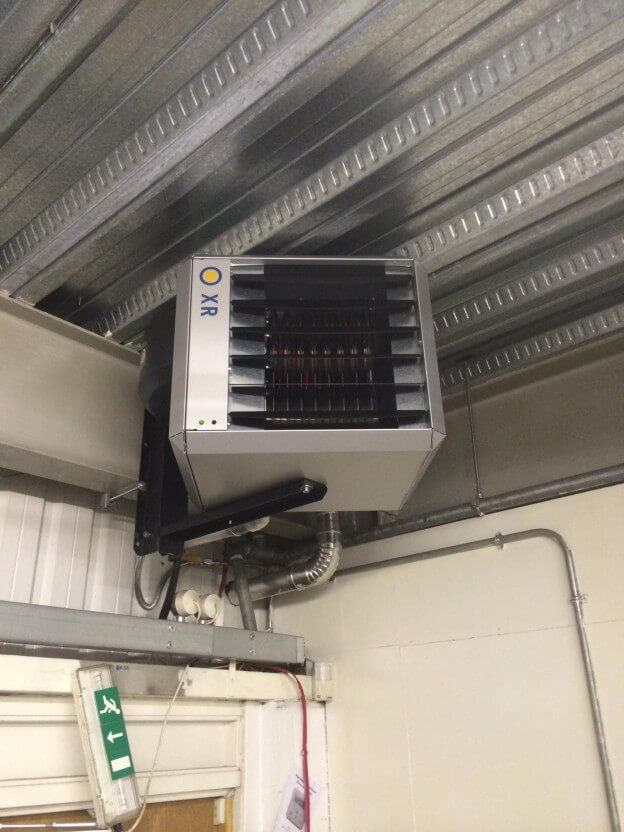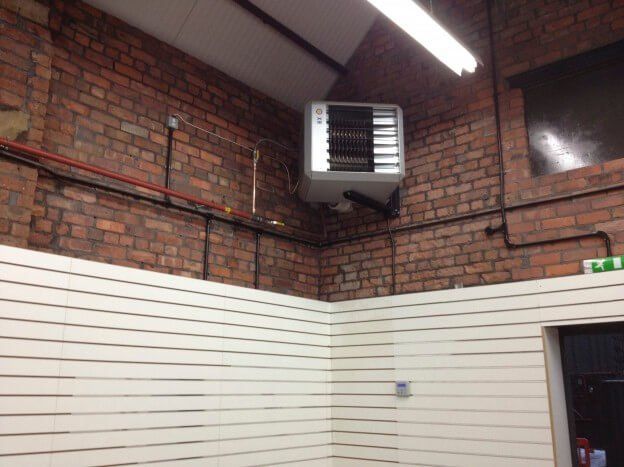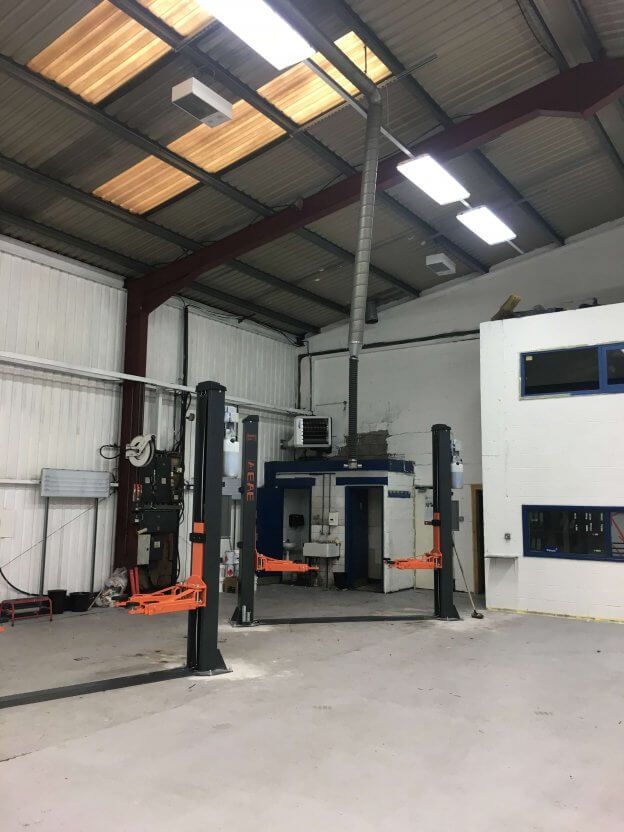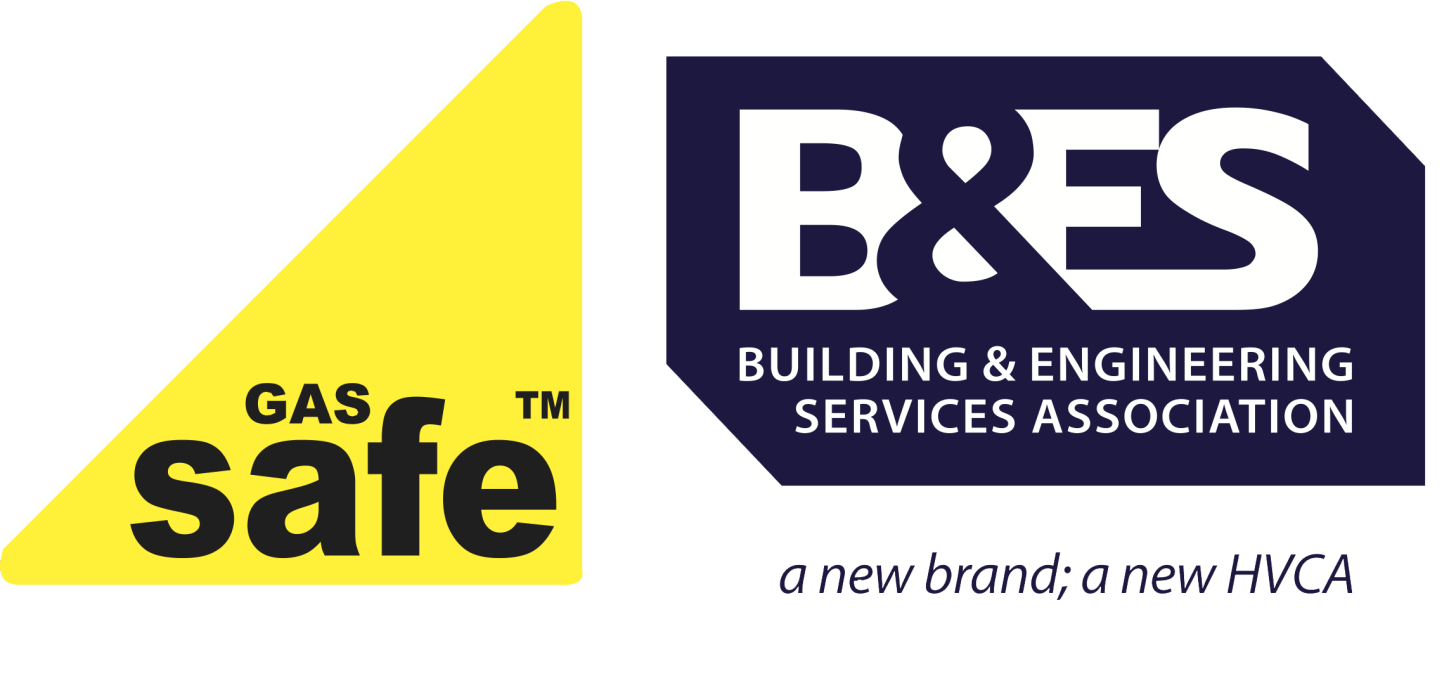Commercial Heating Maintenance: A Guide to Safety, Efficiency & Costs
A commercial heating system failure isn't just an inconvenience; it's a direct threat to your productivity, safety, and bottom line. Waiting for a breakdown is the most expensive way to manage your heating. This guide outlines the essential maintenance of heating system practices that protect your investment, ensure the longevity of your equipment, and significantly reduce your operational costs.
Regular, preventative maintenance is the key to identifying small issues before they become costly emergencies. Here’s a breakdown of what you need to do, and why it matters.
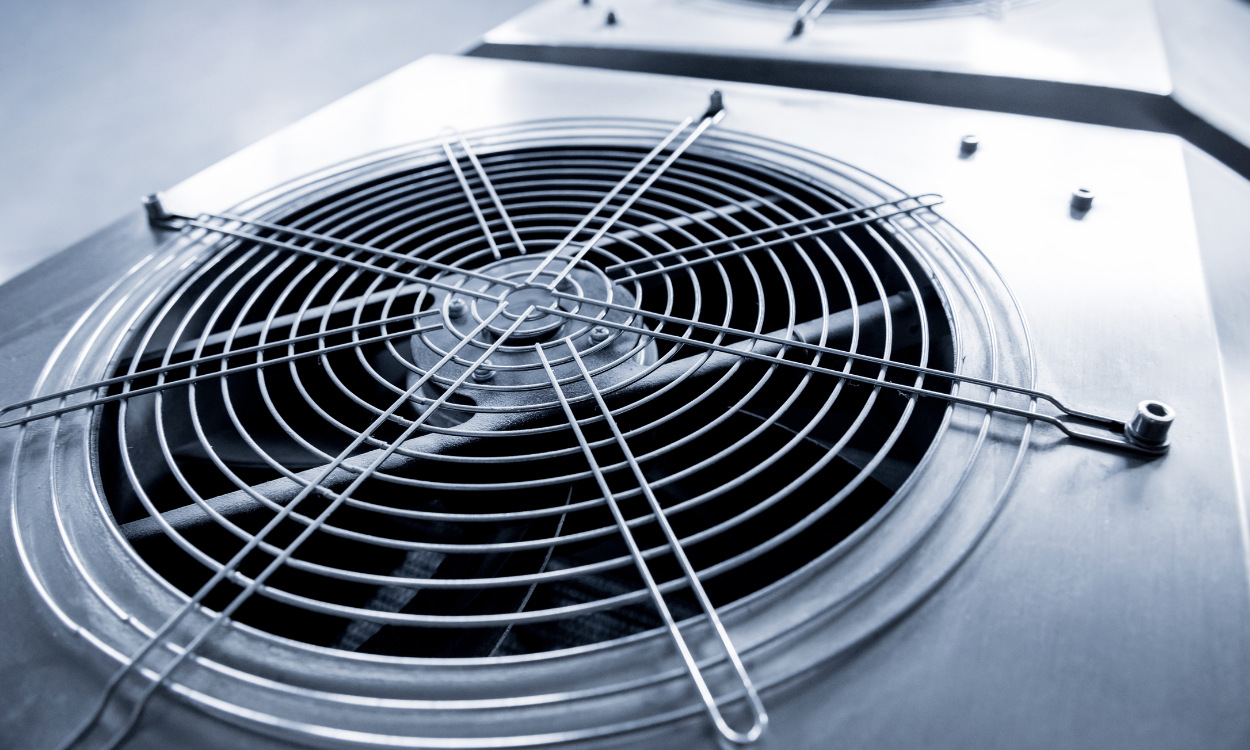
Importance of Regular Heating Maintenance
To ensure optimal performance, it is recommended that a maintenance program be adhered to based on the facility in which it has been installed and the equipment in place. The idea of preventive maintenance also plays a role in this, making sure that the commercial heating system is routinely inspected and maintained, allowing any small issues to be identified before they potentially become more costly issues down the track.
While you may be thinking that sticking to a routine maintenance schedule may not be important, there are certainly downsides to not maintaining your commercial heating system in place. Some challenges that can be experienced include increased wear and tear, more energy can be consumed with outdated and non-maintained systems, poor insulation can lead to wasted energy, and unbalanced heating across areas of the commercial space.
Your Commercial Heating Maintenance Checklist
Part 1: Professional Annual Servicing
It goes without saying that professional maintenance is the most important aspect of maintaining your commercial heating system from day one. Regular annual inspections by a certified technician are required to ensure your system is working as expected. This ensures that if repairs are required, they can be done in a timely manner before any further damage is done to the system.
A certified Gas Safe engineer will perform a comprehensive service. This includes:
- Combustion & Flue Gas Analysis: Ensuring the system is burning fuel efficiently and safely.
- Cleaning of Key Components: Removing debris from burners and heat exchangers to maximise efficiency.
- Inspection of Electrical Connections: Checking for wear, tear, or loose connections.
- Safety Device Checks: Testing all failsafes, pressure relief valves, and carbon monoxide detectors.
- Validating Your Warranty: We ensure all maintenance is done to manufacturer standards to keep your warranty valid.
At Winrow Building Services all our technicians are certified and regularly keep up to date with all training and knowledge on commercial heating systems. Another aspect to be considered is many commercial heating system manufacturers in fact will require for regular maintenance to be adhered to in order for any warranty on these systems to be valid. This highlights further the importance of regular maintenance of heating systems as any repairs or replacements in the future could become more costly if warranties become invalid.
For boilers, you can see our detailed annual checklist here
Part 2: Essential In-House Checks
Informal internal visual checks also play a role in ensuring commercial heating systems are being maintained appropriately. The filters in a commercial heating system can largely affect the efficiency of the system in place. This is due to debris, dust, or other particles that can naturally become caught in the filters. In turn, this can lead to damage to the system if not removed.
Most systems should have their filters cleaned every one to three months to ensure nothing is trapped in the filters. Without inspecting the filters, airflow and the quality of air from the system can be reduced. The system will then need to work harder to maintain the desired temperature in the space.
Commercial heating systems can also experience leaks and blockages, leading to reduced efficiency and higher costs of operation for the system. To mitigate the risks of leaks and blockages, it’s recommended to inspect ventilation systems such as exhaust fans, vents, and flues of the heating system.
Leaks and blockages can lead to not only significant energy loss but also impact heating or cooling from the system. In addition, leaks and blockages can also lead to potential safety hazards if they are not addressed. Therefore, regular general inspections of the commercial heating system are recommended, particularly if any changes in everyday operation are noticed by those on site.
Lastly for the visual inspection it should be monitored that insulation is adequately maintained throughout the commercial premise. This is to ensure the air from the heating system remains inside and outside air is not entering unexpectedly. To check the insulation of the building duct work should be checked to ensure it is sealed properly with weather stripping, in addition to the windows and doors of the premise. By inspecting the insulation of the building, this will ensure that the commercial heating system does not have to overcompensate by expediting more power to main a consistent temperature.
Between professional visits, your on-site team can perform these simple checks:
- Monthly Filter Check: Visually inspect air filters. A clogged filter makes your system work harder and costs more.
- Visual Check for Leaks: Look for any water or drips around the unit and pipework.
- Keep Vents & Flues Clear: Ensure all external vents and internal flues are clear of blockages, debris, or stock.
- Check for Air Leaks: On a cold day, check that doors and window seals are intact. A simple draught can waste a lot of energy.
The Long-Term Benefits of Modern Maintenance
Upgrading Older Systems for Efficiency
The efficiency and performance of a commercial heating system play a significant role in how it will perform not only on a day-to-day basis but over time. To ensure consistent efficiency and performance is maintained, a few key areas should be focused on.
Firstly, any air leaks on site should be sealed accordingly to ensure the temperature and heating from the system remains inside. Multiple air leaks can lead to the heating system overcompensating for the loss, meaning that the system will need to essentially consume more power to maintain the temperature it has been set at.
If utilising an older system, companies should consider upgrading their systems to a more efficient commercial heating system. Over time, older systems can experience more wear and tear and may become less efficient to operate. While replacing the system currently in place will be an expense, in many cases, companies will start to realise the benefits of having a new system on site, such as reduced operating costs. With Winrow’s expertise, the team can make recommendations based on your goals and the challenges you experience, leading to a solution being put in place that is right for you.
you can learn about all the options in our Ultimate Guide to Industrial Heating
Smart Technology & Remote Monitoring
In today’s age, technology is constantly evolving with rapid innovation at a speed we have never seen before. While every solution has different capabilities, some of the technological advancements we are seeing in the space are zone heating. This is whereby thermostats can be programmed based on certain patterns and hours that employees are on site or in specific areas of the building. This allows greater comfort for those on site and, in return, reduces energy consumption.
Furthering technological advancements, integration for remote monitoring and management can be attained. For example, this can also be achieved by the use of a building management system that can be configured. This helps control the heating system in place, allowing heat loss and energy costs to be reduced. In fact, some remote monitoring and management systems can now offer real-time insights into the performance of systems.
The sky is the limit with the continued integration and exploration of more advanced technology, such as smart sensors, IoT, and cloud-based software, in addition to AI. In the coming years, the space has the potential to evolve and assist companies on their journey to reduce unnecessary operating expenses while also helping them to work towards reduced carbon emissions with smarter systems in place.
Compliance & Regulations (EPC, Part L, Net Zero)
Another aspect of maintaining commercial heating systems is the compliance and regulations, in particular, in relation to the building itself. For example, when commercial buildings are sold, rented, or built, in most cases they must have energy performance certificates. In addition, Part L compliance is a standard that focuses on the power and fuel conversion for buildings where buildings must meet certain standards on insulation, heating systems, and ventilation.
Lastly, net zero targets are also top of mind. While the government is bound to achieve these targets, companies also play a role in helping to reduce emissions as a whole through the greater use of energy-saving technologies. When it comes to commercial spaces, heating systems play a large role in energy-saving initiatives. Companies can optimise their heating systems’ operational efficiency through preventative maintenance, which in turn helps them reduce their carbon footprint and increase their overall sustainability.
Get Your Custom Maintenance Plan
In conclusion, maintaining your commercial heating system plays a significant role in the lifespan of the system and the efficiency with which it operates from day to day. It is paramount to make sure that you adhere to regular professional maintenance, informal checks, in addition to efficiency and performance of heating systems, and the compliance and regulations in place.
Contact us today at Winrow to schedule a service for your heating system. Our technicians can provide expert advice and guide you on putting in place a formal maintenance plan to get the most out of your commercial heating system.
Share This Post.
Need a Quote?
Is your business is looking for heating upgrade or an installation quote? Please call us on 08000 588 035 for a free quotation or fill out our contact form and we’ll get back to you as soon as we can.
If you could also attach some relevant images of the building and advise the building volumetric, it will help with our initial design assessment. Thank you.
